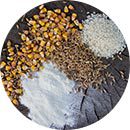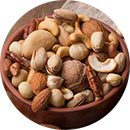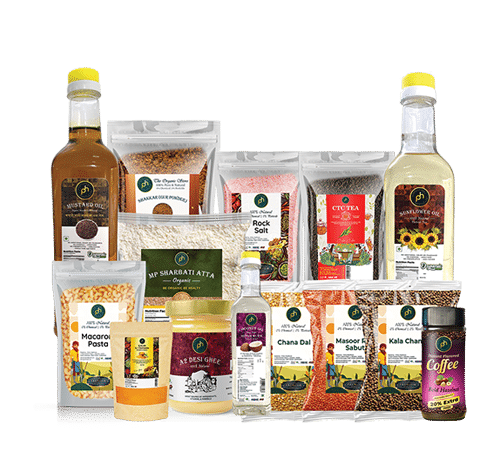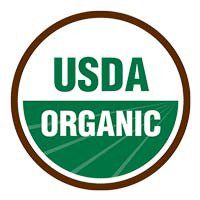Organic food has significantly increased in popularity among health-conscious people in recent years, and parents are increasingly exploring organic options for their kids. Genetically modified organisms (GMOs), hormones, antibiotics, and synthetic pesticides are not used in the production of organic food.
The Benefits of Organic Food for Children
A. Reduced Exposure to Pesticides
In conventional agriculture, pesticides are frequently employed to manage pests and increase crop yields. The possible negative consequences of pesticide residues on human health, particularly for children, have, nevertheless, been a source of concern. Studies indicate that children’s smaller stature, developing bodies, and greater food consumption concerning body weight may make them more vulnerable to the negative effects of pesticides. By selecting organic foods, parents might potentially lower the health hazards linked with pesticide residue exposure for their children.
B. Higher Nutritional Value
While there is still some disagreement over the superiority of organic food in terms of nutrition, several studies have suggested that particular organic fruits, vegetables, and dairy products may have higher concentrations of specific nutrients. For instance, compared to their conventionally grown counterparts, organic fruits, and vegetables have been found to contain higher levels of vitamin C, iron, and antioxidants. Additionally, it has been suggested that organic milk has higher concentrations of omega-3 fatty acids. A well-rounded and nutrient-dense diet for children can be achieved by including organic foods in their diet.
C. Avoidance of Hormones and Antibiotics
Animals bred conventionally frequently receive hormones and antibiotics to aid with growth, ward off illness, and boost output. However, parents have expressed concern about the absorption of such chemicals through meat and dairy products. Animals grown with no use of antibiotics or growth hormones produce organic meat and dairy products. The hazards of consuming these compounds, such as antibiotic resistance and hormone abnormalities, can be reduced by choosing organic solutions.
D. Environmental Impact
Beyond concerns for one’s health, parents can also choose organic food for their kids. Supporting organic farming encourages environmentally friendly farming methods that put soil health, biodiversity, and water conservation first. Synthetic pesticides and fertilizers, which can harm ecosystems and waterways, are not used in organic farming. Parents can help create a healthier world for future generations by choosing organic food.
E. Long-Term Health Benefits:
While eating organic food has obvious short-term advantages for kids, other experts believe there may be more significant long-term health benefits. Early dietary practices and environmental exposures may have a long-term effect on adult health consequences.
Parents may be able to lower their children’s risk of developing certain illnesses, such as allergies, asthma, and some types of cancer, by starting them off on organic food at a young age. To prove a direct causal link between eating organic food and long-term health effects, more study is necessary.
Risks and Considerations
Cost:
Food produced organically is typically more expensive than food produced commercially. For some families, this aspect may restrict accessibility. For some produce items, referred to as the “Dirty Dozen,” choosing organic over conventional alternatives can, nevertheless, be a more economical strategy.
Limited Availability and Variety:
Especially in rural areas, the availability of organic food may vary by region. As a result, kids could have less access to a greater variety of organic foods, which might result in a reduction in the variety of their meals as a whole.
Food Safety:
Although the use of organic agricultural techniques aims to reduce dangers, it is crucial to keep in mind that they do not ensure complete safety. Food safety still depends on proper food handling and preparation because pathogens like bacteria can taint organic food.
Labeling and Certification:
Consumers may find it difficult to understand organic labeling and certificates. Parents can make educated decisions when buying organic food for their children by being familiar with reputable organic certifying agencies and labels.
CONCLUSION
In conclusion, Children may experience many advantages from eating organic food, including less pesticide exposure, potential nutritional gains, and support for environmentally friendly farming methods. However, it’s also important to take into account the increased price, decreased availability, and requirement for careful food handling. Ultimately, regardless of whether they select organic or conventional options, parents should work to provide a balanced and varied diet for their kids while keeping in mind their unique needs and preferences.
 English
English 

































